Description
Latin Name: Citrus limon
The lemon peel contains as much as 5 to 10 times more vitamins than the actual lemon juice.
Lemon peels help in preventing and fighting skin problems such as wrinkles, acne, pigmentation and dark spots.
These are also rich in antioxidants which tend to detoxify the skin to a very great extent.
Lemon peel contains antibacterial substances that may inhibit microorganism growth.
Lemon peel extract may bolster your immune system due to its flavonoid and vitamin C content.
To make an infusion, place 4 to 6 grams (about 1 teaspoonful) in a tea infuser or teapot or mug for each cup of tea you intend to brew. Cover with boiling water. Place on the lid (or cover your cup with a saucer).
Allow the mixture to steep for 10' to 15' minutes or overnight.
Then strain the tea and serve. Drink 1-3 cups of tea a day.
As a flavoring agent it can be used in a wide variety of foods and is used in liqueurs (most notably Triple Sec), desserts, candies, gelatins and puddings. It is used to cover up the taste of pharmaceuticals, as well as being a key ingredient in marmalade.
It is safe in the small amounts found in foods. However, it is not safe when used in high doses.
Bitter orange, which contains synephrine and N-methyltyramine, can cause hypertension and cardiovascular toxicity.
In any case you should consult with your healthcare doctor before using bitter orange peel especially if you’re taking other medications or having health problems.



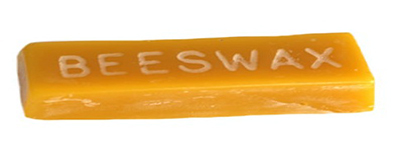

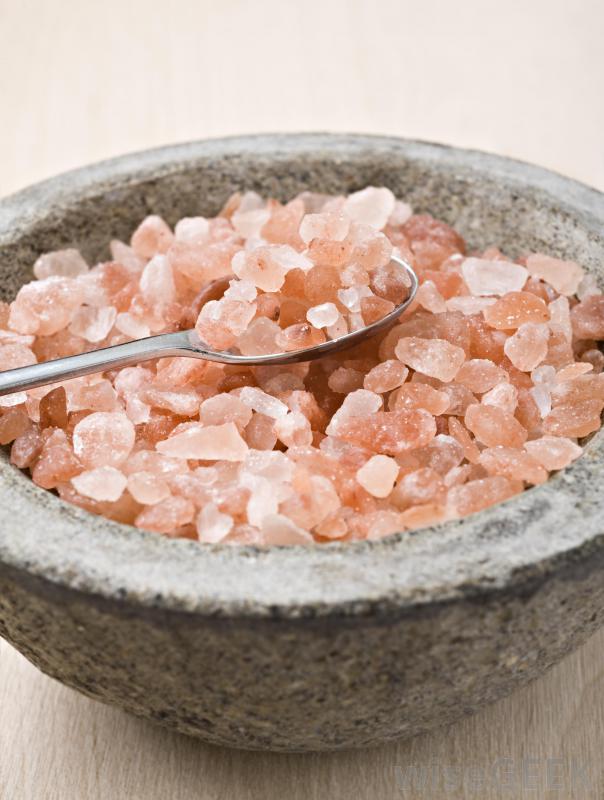
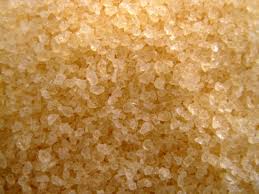

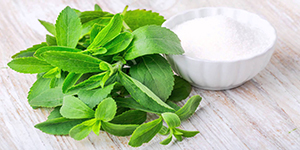

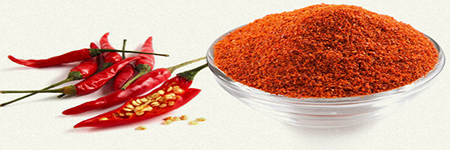

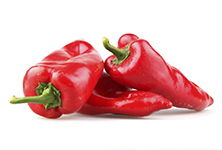







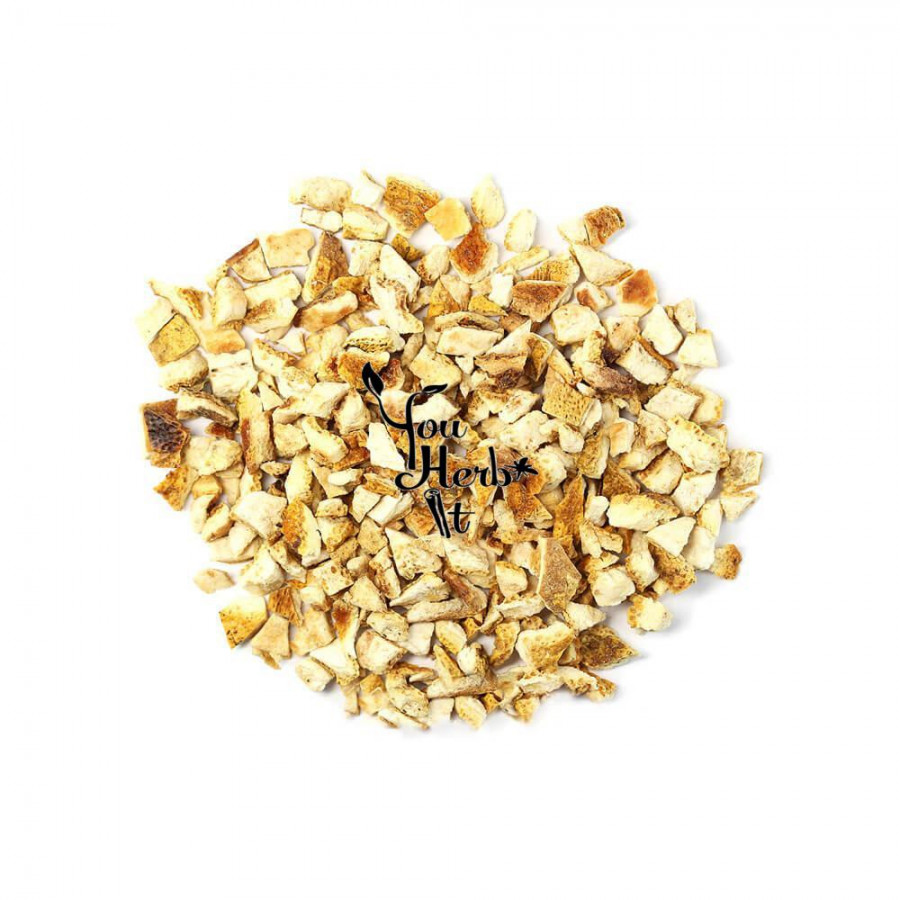
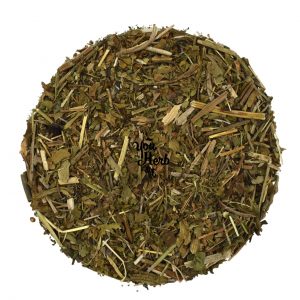
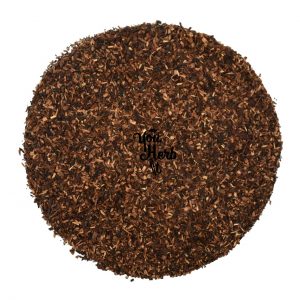

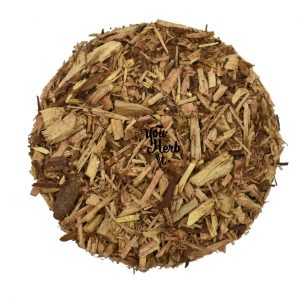
Reviews
There are no reviews yet.